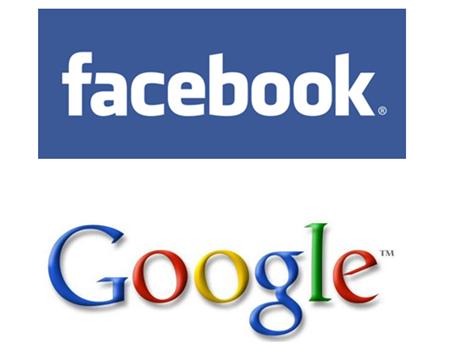None of us would like to digest half bit of information fed to them in order to color their minds and mould their conduct. Still the trend is that we prefer search engines and check updates from our friends on social network places to generate a digital profile of our being and our likings to decide the information which these services will explain us.
Such profiles which Google and Facebook use are in progressive states and fare revised on a regular basis to show the recent links which we linked and the previous location where we logged from. This is a winning situation both for Google as well as Facebook as this way they are getting means to maximize the number of clicks and thereby increasing advertising revenues while showing us the links which we wanted.

Author to The Filter Bubble, Eli Pariser says, this filtering has a destructive effect since this will lead into a wrong impression. This is because people will be able to see behavior and beliefs the way they wanted and keeping them from facts or points which contradict their opinion. Pariser also believes that this filter bubble is manipulating our activities and has a negative impact on free exchange of ideas and information which is a basis of modern democracies.
Pariser also believes that this filter bubble is responsible for change in our behavior and it disturbs the free exchange of ideas and information which is primarily the basis of modern democracies. Pariser also highlighted the lines of Daniel Patrick, US politician and well-known socialist, which says that we all are at liberty of our own opinions but not our own facts. This filter bubble can even confirm your view of non-existence of climate change, if you believe so. The thing which lacks is the ability to put yourself in someone else’s shoes and rather it is just like your shoes following you wherever you move.
Profiling is an important business for search engines and social networks. Google apparently save numerous signals of user’s behavior each time we perform a search from the point we start our search to its completion. This way Google take out information from the suite of apps including Gmail, Google Docs etc, without taking into account users information. Whereas Facebook accounts the requests of all of its more than 750 million users on the basis of their activities performed and friends on the site and also evaluating the stats from widely used Facebook Like button to keep a track of pages which they visit.